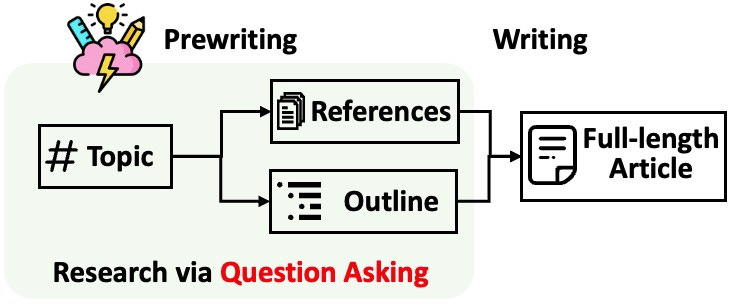TensorHealth-NewsLetter on Medical AI
Exploring the Intersection of Artificial Intelligence and Healthcare Innovation
Opinion AI
The AI Revolution: Redefining Personal Assistants and Human Interaction
Exploring the Next Generation of Multimodal AI Assistants and their Transformative Potential
News bits and bytes:
Nvidia pumps $1bn into AI start-ups riding on revolution its chips started
Nvidia invested $1 billion in AI startups in 2024, surpassing its 2023 investments, as it seeks to strengthen its role in the AI revolution driven by its GPUs. The company funded 50 startup rounds and corporate deals, primarily in high-computing AI firms that also purchase its chips. Despite scrutiny, Nvidia continues expanding its ecosystem, investing in leading AI players like OpenAI, Cohere, and xAI, while supporting startups through its Inception incubator with preferred pricing on hardware.
Investments in digital health have been slow to generate returns
Internet-driven health obsessives were once dismissed as “cyberchondriacs”. But medical tech is increasingly mainstream. Apps track sleep, fitness and reproductive health. The innovation is impressive. But investors are struggling to reap returns. AI shows great promise in medicine, for all the concerns. As well speeding up drug discovery, it has potential as a diagnostic tool and productivity booster. It is already proving its value in radiology and cardiology.
Tech groups race for slice of AI healthcare market
Investment in artificial intelligence medical note-taking apps doubled last year as Big Tech giants including Microsoft and Amazon and start-ups rush to grab a share of the $26bn AI healthcare market. Start-ups such as Nabla, Heidi, Corti and Tortus raised money last year, with backers including Khosla Ventures, Entrepreneur First and French tech billionaire Xavier Niel. Stanford to plan a rollout of the DAX Copilot to all its providers. Nabla’s app generates, the cognitive load of simultaneously writing and listening during a consultation is hugely “minimized, if not totally removed” by the tool.
STORM: Research topics, write Wikipedia-like articles with human-LM collaboration.
STORM helps users generate Wikipedia-like articles by researching topics and creating outlines, then writing full articles with citations. Co-STORM adds human collaboration, guiding discourse with a moderator and LLM agents. Both systems support efficient knowledge curation and exploration, with dynamic mind maps to organize information and reduce mental load.
BiomedCLIP is a fully open-access foundation model that achieves state-of-the-art performance on various biomedical tasks, paving the way for transformative multimodal biomedical discovery and applications.
Allen AI presents technical report of OLMo 2, an open-source language model outperforming Llama 3.1 with robust training techniques.
Keep reading with a 7-day free trial
Subscribe to TensorHealth to keep reading this post and get 7 days of free access to the full post archives.





